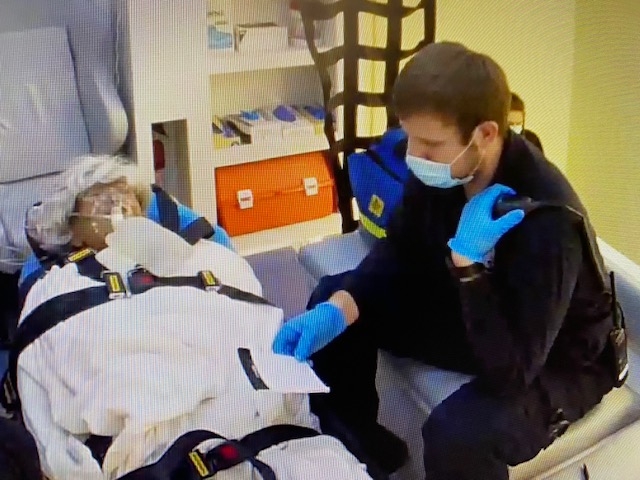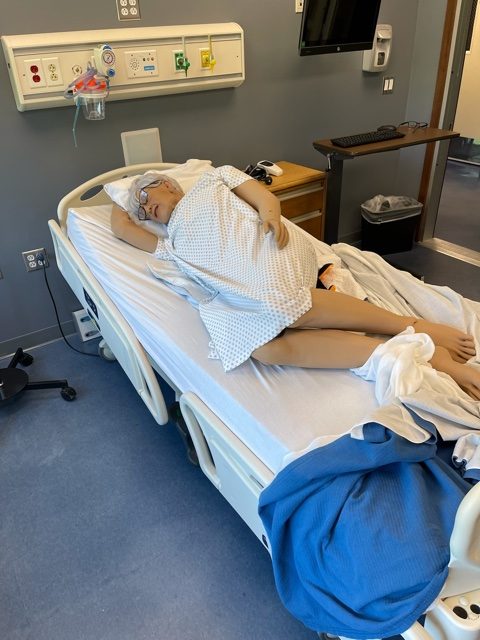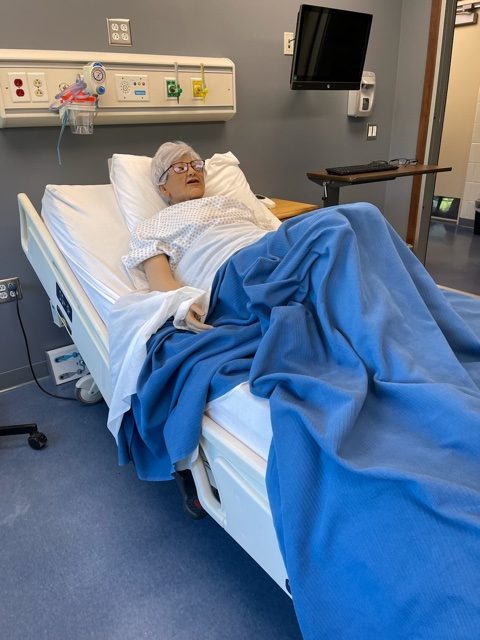The Fund for LSSU uses annual gifts to LSSU to address the university’s areas of greatest need and opportunity. The annual fund campaign allows donors to make a difference at LSSU. Gifts to the Fund for LSSU help underwrite projects that support or enhance education and the student experience.
Through a grant process, students and full-time faculty and staff can apply to use funds from the Fund for LSSU for projects that support or enhance student education and the student experience at LSSU. The projects must fall under one of the four pillars: philanthropy, infrastructure, enrollment, and student professional development.
Below are just a few of the 2021 recipients.
The Foundation provided funding for two Psychology seniors to complete high quality research projects though use of online platforms. (Financial information on the exact uses of the funding is provided in a separate document)
Two students’ research projects were funded through the funding provided through the Foundation. These were high quality, meaningful projects in areas that had not been well studied.
The Mid-America Psychology Undergraduate Research Conference (Virtual this year) had students from all over the country presenting their research.
Here is a link to the conference: https://www.mauprc.org/
The abstracts and PowerPoint presentations from the two Lake State students that were funded through the LSSU Foundation are below:
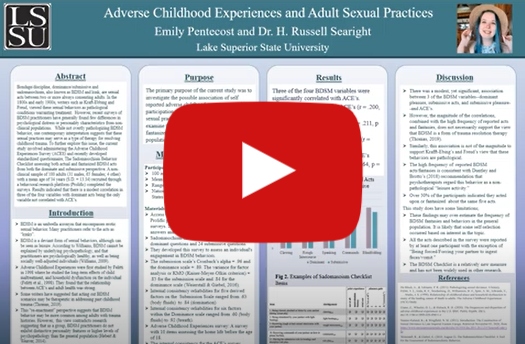 Emily Pentecost –Senior –graduated in Spring 2021
Emily Pentecost –Senior –graduated in Spring 2021
Adverse Childhood Experiences and Adult Sexual Practices. Emily Pentecost. Lake Superior State University. Sponsored by Dr. H. Russell Searight.
Bondage/discipline and sadomasochism, also known as BDSM and kink, are erotic behaviors including physical, psychological, and sexual role-play involving a power exchange between consensual participants. Early sex researchers such as Kraft-Ebbing characterized BDSM as psychopathology. Recent surveys of BDSM practitioners found few differences in psychological distress or personality characteristics when compared with the general population. However, critics of BDSM as a variation within “normal” sexual behavior suggest that these sexual practices may be therapeutic for resolving childhood trauma. In the current study, 100 adults with a mean age of 34 years (SD = 13.3) recruited through an online platform (Prolific) completed two surveys: the Adverse Childhood Experiences (ACEs) survey and the Sadomasochism Checklist. Results indicated modest, yet statistically significant, positive correlations between submissive act frequency and ACES. Based on participants’ self-report, BDSM fantasies and behaviors appear to be relatively common.
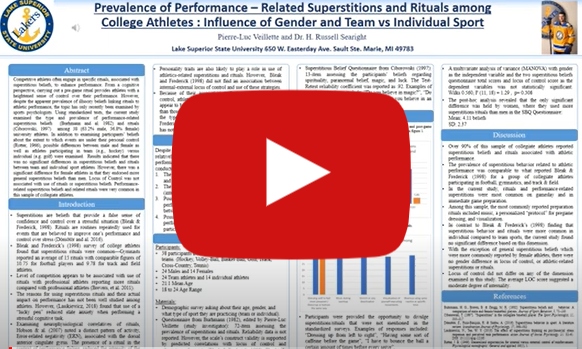 Pierre-Luc (“Pete”) Veillette—Senior graduated magna cum laude in Spring 2021. Was on Lake State’s Hockey team. Admitted to graduate school in psychology in Quebec, Canada
Pierre-Luc (“Pete”) Veillette—Senior graduated magna cum laude in Spring 2021. Was on Lake State’s Hockey team. Admitted to graduate school in psychology in Quebec, Canada
Relationship between superstitions and rituals among college athletes. Pierre-Luc Veillette. Lake Superior State University. Sponsored by Dr. H. Russell Searight.
Competitive athletes often engage in specific rituals, associated with superstitious beliefs, to enhance performance. From a cognitive perspective, carrying out a pre-game ritual provides athletes with a heightened sense of control over their performance. However, despite the apparent prevalence of illusory beliefs linking rituals to athletic performance, the topic has only recently been examined by sports psychologists. Using standardized tests, the current study examined the type and prevalence of performance-related superstitious beliefs (Burhmann et al. 1982) and rituals (Ciborowski, 1997) among 38 (63.2% male, 36.8% female) university athletes. In addition to examining participants’ beliefs about the extent to which events are under their personal control (Rotter, 1966), possible differences between male and female as well as athletes participating in team (e.g., hockey) versus individual (e.g. golf) were examined. Results indicated that there were no significant differences in superstitious beliefs and rituals between team and individual sport athletes. However, there was a significant difference for female athletes in that they endorsed more general superstitious beliefs than men. Locus of Control was not associated with use of rituals or superstitious beliefs. Performance-related superstitious beliefs and related rituals were very common in this sample of collegiate athletes.
Geriatric Enhanced Simulation
The LSSU Foundation Grant award was used to address an immediate need for clinical placement and clinical realism through the purchase of the Nursing Anne Simulator geriatric add-on skin set. The skin set was implemented immediately upon receipt of the equipment. The geriatric skin set physically transformed the Simulator to show an aged look and added the physical realism necessary to inspire emotional investment without sacrificing function. The perceived believability among the students during the simulated learning experience increased knowledge and competence during age-related learning and student comments following the simulated learning experience suggest an increase in positive attitudes toward the aging population. Although the Nursing Anne Geriatric skin set was received toward the latter part of the Spring 2021 semester, the geriatric skin set will be fully utilized for both the paramedic and nursing programs at the start of the 2021/2022 academic year.



